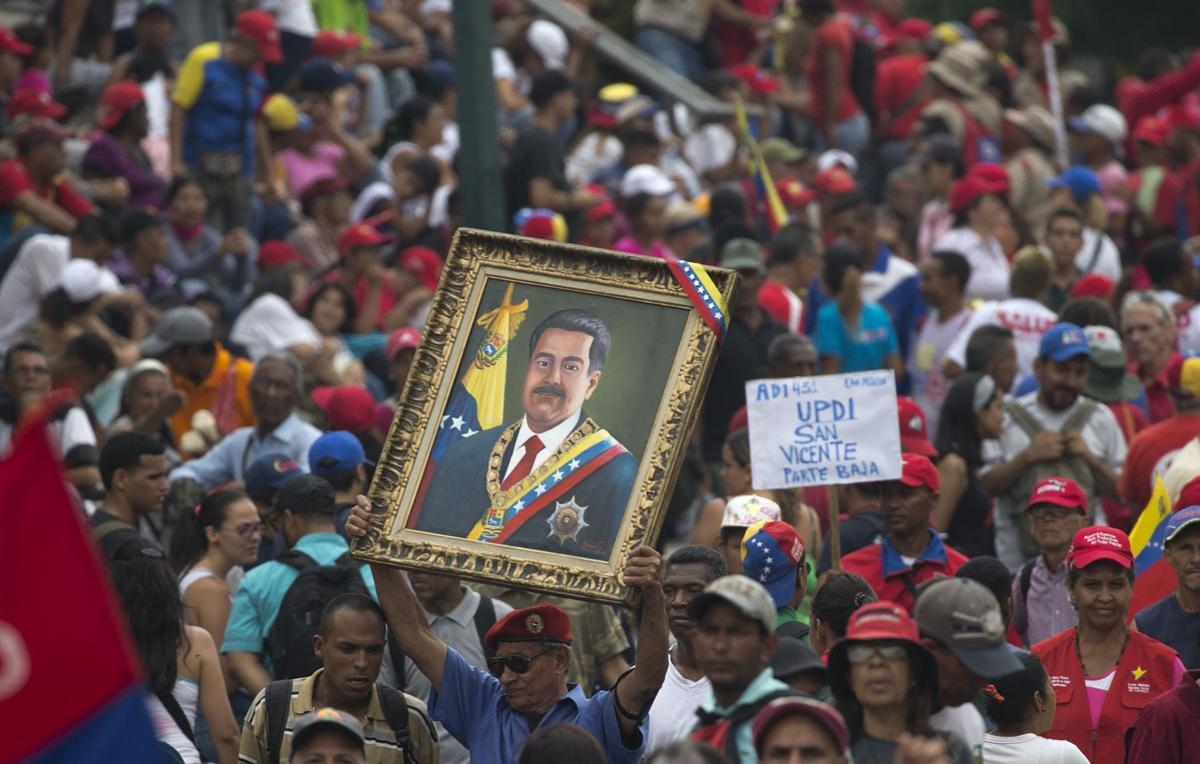Maduro announces 30-day rationing plan for power

Venezuelan President Nicolas Maduro has announced a 30-day plan to ration electricity as nationwide power cuts continue to inflict misery on millions of people.
Maduro said Sunday on national television that the plan will help deal with the outages that have also cut off water supply and communications for days at a time.
Maduro is also warning against any unrest in reaction to the blackouts, although there were already scattered protests earlier Sunday following a call by opposition leader Juan Guaido to demonstrate against the government's failure to provide basic services.
Guaido says years of government neglect and corruption has left the electrical grid in shambles after years of mismanagement. Maduro alleges U.S.-led sabotage is the cause of the power cuts, although he has not provided clear evidence.
Another day, another blackout.
Power went out across Venezuela on Sunday, just as it did on Saturday, and the day before that.
But while some electricity had returned by Sunday afternoon, jittery Venezuelans weren't so much celebrating the lights coming on as wondering when the next outages would flick them off.
"No one can put up with this. We spend almost all day without electricity," said Karina Camacho, a 56-year-old housewife who was about to buy a chicken when electronic payment machines stopped working. "There's been no water since (last) Monday, you can't call by phone, we can't pay with cards or even eat."
As the latest blackout unfolded, many took to balconies and building windows to bang pots in protest and shout curses at President Nicolas Maduro, who they consider responsible for the power failures.
Others responded to a call by opposition leader Juan Guaido to demonstrate against the government, blocking roads and burning rubbish until "colectivos," or frequently armed government supporters, appeared to arrive on motorbikes. Some of the protests occurred near the Miraflores presidential palace in Caracas, in a direct challenge to Maduro.
The ongoing blackouts now mark another point of tension in a country paralyzed by political and economic turmoil, compounding a humanitarian crisis and deepening a prolonged standoff between two political parties vying for power.
